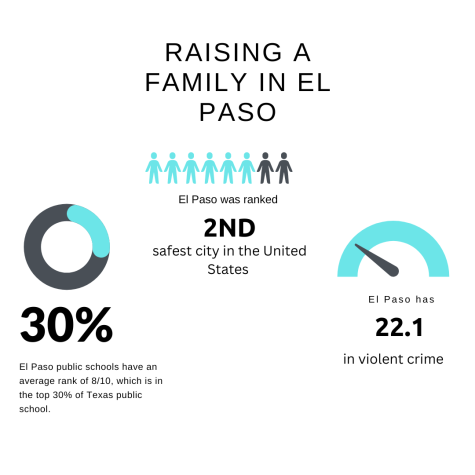BMI is not effective
Body mass index (BMI) has long been used as a measure of health. But how effective is it?
According to the National Health and Nutrition Examination Survey, 18.5% of American children are obese. In response, our society, especially schools, has become more concerned with children’s weight. Unfortunately, not every measure put in place by schools to monitor weight is beneficial. A study from the University of California Berkeley’s School of Public Health recently found that warnings about the BMI of children by schools were not effective in combating pediatric obesity. I believe that school BMI warnings do not benefit children or parents, and that the practice does not need to continue.
The study involved 29,000 students over a period of three years and concluded that BMI warnings did not have a significant ability to reduce pediatric obesity, which is their primary purpose.
The study found that the BMI reports may lead to students struggling with body image instead.
Furthermore, the reports encourage students to lose weight, but the data reported that they had no real impact on childhood obesity. This leads to the conclusion that the reports have had a negative impact on students, who may suffer from issues with body image as a result. These struggles can cause long-term mental health problems for students down the line.
BMI reports need to be replaced by more in-depth conversations about health and weight that go beyond numbers and offer children ways to improve their weight. Just telling a child that they are overweight enforces a negative dynamic rather than a positive one.
The BMI reports currently used by schools do not actually benefit students. Making students feel worse about their weight and worrying their parents is not a solution for pediatric obesity. Schools should instead have a more balanced system that takes all factors into account and tells children how to become healthier.

Joshua Haefner is a senior, and this is his third year in newspaper. His favorite part of newspaper is being able to see improvement in writers. He is...












